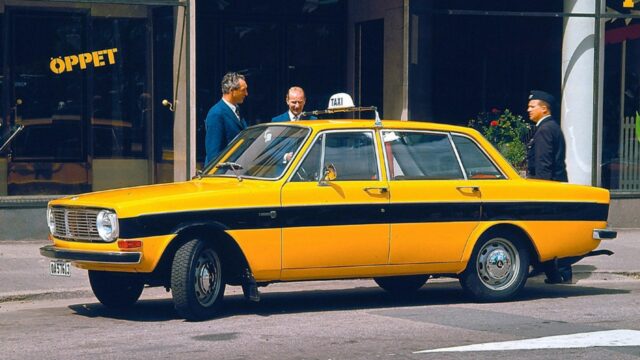The cars are still in use, a present reminder of a €300m debt





The deal was closed 42 years ago, but North Korea didn’t pay a dime for any of the 1,000 Volvo 144 sedans. But before entering the fascinating story of an economic disaster, let’s talk a bit about the cars on hand.
The 1966-1974 140 Series is known as being the first Volvo to use a three digit in its nomenclature; it offered three different bodies – the 142 2-door sedan, the 144 4-door sedan, and the 145 5-door station wagon. Also, it’s the first Volvo to use disc brakes on all four wheels, and to teach us “boxy” equals “indestructible”. Now back to the story.
After the 1953 Korean Armistice, several neutral European countries saw in then-wealthy Democratic People’s Republic of Korea an important economic opportunity, and Sweden’s Volvo was one of the first industries to enter the North Korean market. It was a win-win deal: North Korea wanted to be known as a reliable, global force while Sweden planned to take profit from the Korean mining industry.
North Korean leader Kim Il-sung played a very convincing game in international economic bonding, boasting resources that looked nothing but impressive on paper – it’s a common thing with communists to have a high opinion of themselves, I guess.
But things went awry quite quick, one year after the 1,000-cars delivery (made in 1974). At the 1975 Swedish-Korean industrial trade fair, Sweden realised Mr. Il-sung isn’t planning on actually paying for the imports; and being a diplomatic trade, the way out is never easy.
North Korea had hoped it would pay its foreign debts in copper and zinc, but the calculations had been too optimistic. With excessively good-taste acquisitions – $5m in Rolex wristwatches, as another brief example – and nothing to support them, North Korea started a never-ending downslide.
In the meantime, Sweden recalculated, year after year, the bill for those 1,000 Volvos, an account that surpassed €300m. Many of those 144s are still on the road, kept in good condition, too and used as taxis in the capital Pyongyang.
